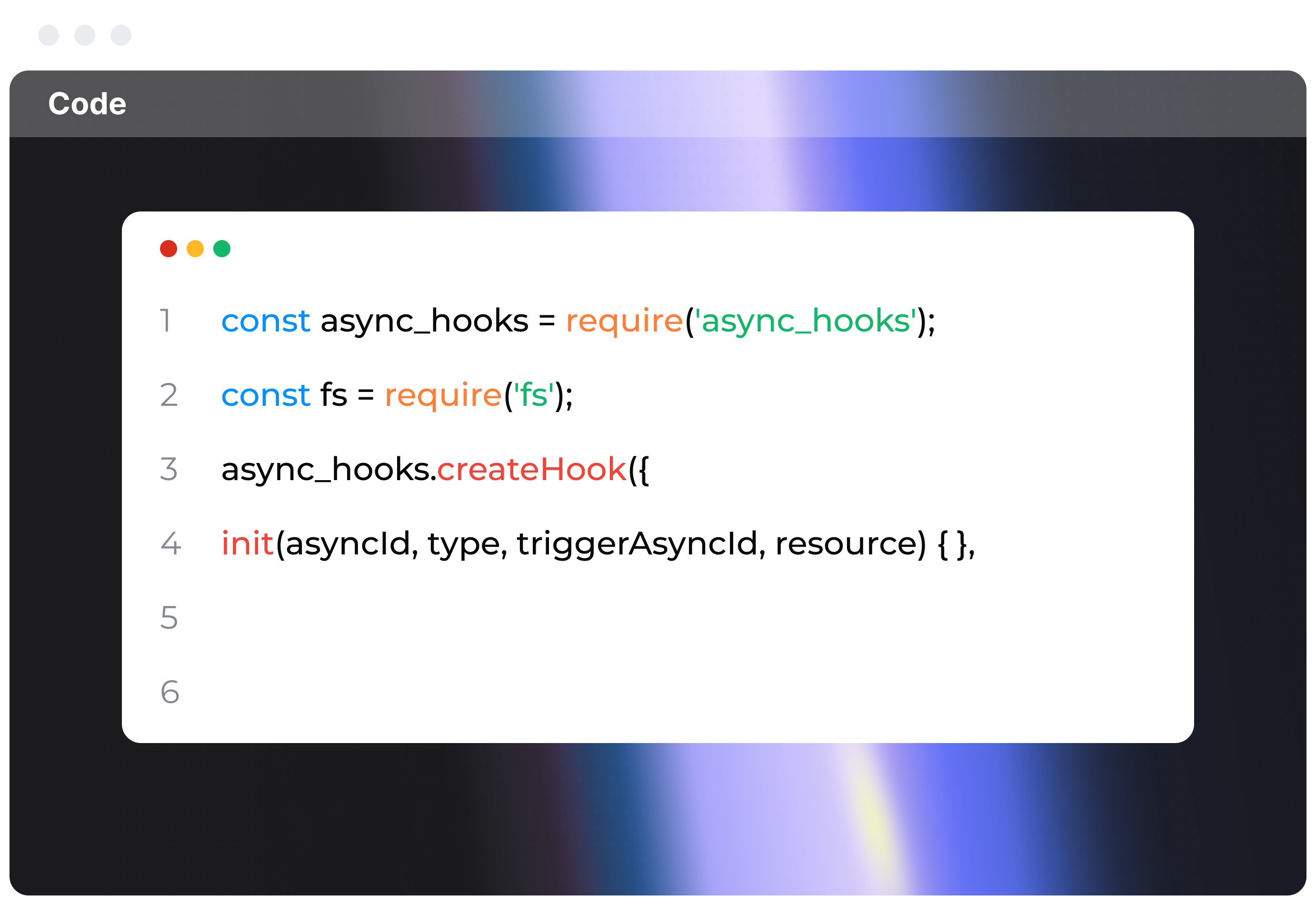How to manage race conditions in JavaScript with Promise.all?

Managing Race Conditions in JavaScript
Managing race conditions in JavaScript can get a tad complex, especially when you're juggling concurrency. Thankfully, Promise.all is like a hero in a cape that swoops in to save the day. Let's take a casual stroll through how you can effectively manage race conditions with this little gem.
Introduction to Race Conditions
Race conditions happen when the outcome of your program hinges on the timing of uncontrollable events—think of it as a chaotic race where the fastest one wins, sometimes unpredictably. In JavaScript, promises and async/await syntax are frequent culprits.
Using Promise.all
Promise.all lets you run several promises concurrently, then pauses to ensure all have either resolved or at least one has rejected. This makes it a prime candidate for managing race conditions by ensuring all your asynchronous chores are done before moving forward.
Let's break it down with a hands-on example.
Example Scenario
Picture this: you've got three asynchronous tasks fetching user data, profile info, and posts. You need all these decks cleared before rendering your page.
Creating Async Functions
Here's how you might shape three async functions returning promises:
const fetchUserData = () => {
return new Promise((resolve) => {
setTimeout(() => {
resolve({ id: 1, username: 'john_doe' });
}, Math.random() * 1000);
});
};
const fetchProfileData = (userId) => {
return new Promise((resolve) => {
setTimeout(() => {
resolve({ userId, bio: 'Software Developer' });
}, Math.random() * 1000);
});
};
const fetchPostsData = (userId) => {
return new Promise((resolve) => {
setTimeout(() => {
resolve([{ userId, title: 'First Post' }, { userId, title: 'Second Post' }]);
}, Math.random() * 1000);
});
};
Using Promise.all
const renderPage = async () => {
try {
// Fire off all the promises concurrently
const [user, profile, posts] = await Promise.all([
fetchUserData(),
fetchUserData().then(user => fetchProfileData(user.id)),
fetchUserData().then(user => fetchPostsData(user.id))
]);
// If all promises are resolved, the code below will execute
console.log('User:', user);
console.log('Profile:', profile);
console.log('Posts:', posts);
// Render the user details in the page
// ... rendering logic ...
} catch (error) {
// Handle any error that might occur in any of the promises
console.error('Error fetching data:', error);
}
};
// Calling the renderPage function
renderPage();
Explanation
Async Data Fetching Functions:
fetchUserData,fetchProfileData, andfetchPostsDataare functions returning promises, simulating async data-fetching withsetTimeout.
Concurrently Running Promises:
Promise.allfires off all three functions concurrently.- The
Promise.allarray in therenderPagefunction ensures everything is resolved before moving ahead.
Handling Result:
- When resolved, results are destructured into
user,profile, andposts. - Results are logged to the console, and then you can proceed to render the data on the page.
Error Handling:
- If any promise rejects, the
catchblock catches the error, allowing you to handle it—maybe notify the user with a friendly error message.
Advanced: Properly Linking Dependent Promises
Instead of being redundant, let's call fetchUserData once and then pass its result to other promises.
const renderPage = async () => {
try {
// Fetch user data first
const user = await fetchUserData();
// Run dependent promises concurrently after fetching user data
const [profile, posts] = await Promise.all([
fetchProfileData(user.id),
fetchPostsData(user.id)
]);
// If all promises are resolved, the code below will execute
console.log('User:', user);
console.log('Profile:', profile);
console.log('Posts:', posts);
// Render the user details in the page
// ... rendering logic ...
} catch (error) {
console.error('Error fetching data:', error);
}
};
renderPage();
Key Takeaways
Concurrency: Promise.all lets you run multiple promises at once and waits for all to resolve, making dependency and synchronization a breeze.
Error Propagation: If any promise in Promise.all fails, the catch block springs into action, letting you handle errors in one spot.
Efficiency: Smartly structuring promises avoids redundant calls, ensuring the app runs smoothly.
In the grand scheme, Promise.all gives you a solid, straightforward way to tackle race conditions, ensuring all async operations finish up before moving forward, making your code more reliable and predictable.









